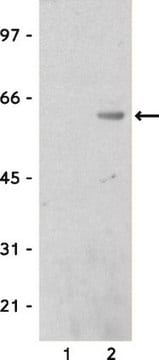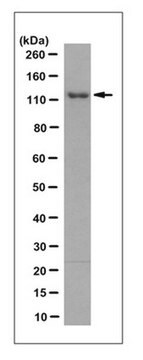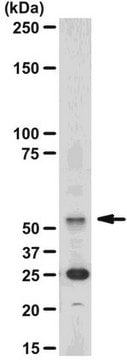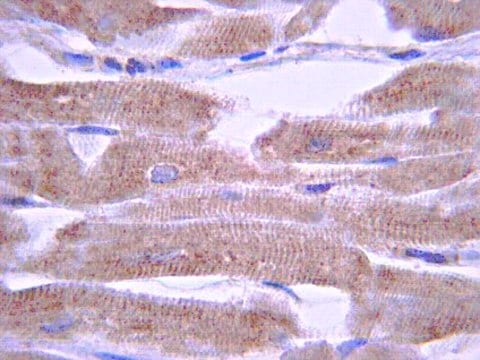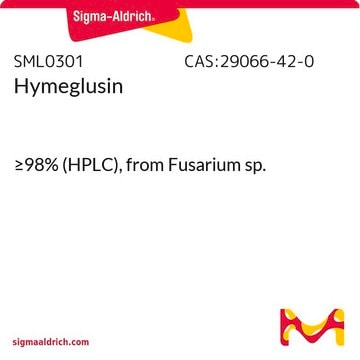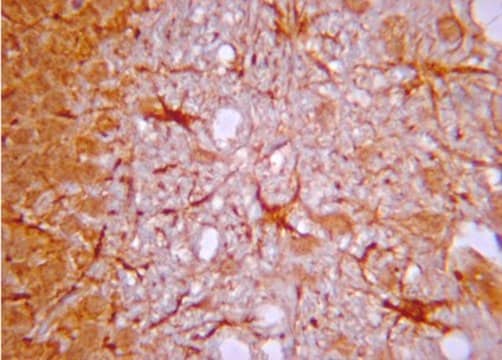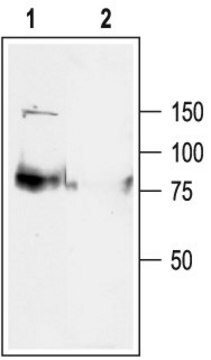05-932
Anti-Calmodulin Binding Protein Epitope Tag Antibody, clone C16T, rabbit monoclonal
clone C16T, Upstate®, from rabbit
About This Item
Produits recommandés
Source biologique
rabbit
Niveau de qualité
Forme d'anticorps
purified immunoglobulin
Type de produit anticorps
primary antibodies
Clone
C16T, monoclonal
Espèces réactives
vertebrates
Fabricant/nom de marque
Upstate®
Technique(s)
western blot: suitable
Isotype
IgG
Conditions d'expédition
dry ice
Modification post-traductionnelle de la cible
unmodified
Informations sur le gène
human ... CALM1(801)
Spécificité
Immunogène
Application
Epitope Tags & General Use
Epitope Tags
Qualité
Description de la cible
Forme physique
Stockage et stabilité
Remarque sur l'analyse
Samples containing the calmodulin binding protein epitope tag.
Autres remarques
Informations légales
Clause de non-responsabilité
Vous ne trouvez pas le bon produit ?
Essayez notre Outil de sélection de produits.
Code de la classe de stockage
10 - Combustible liquids
Classe de danger pour l'eau (WGK)
WGK 1
Certificats d'analyse (COA)
Recherchez un Certificats d'analyse (COA) en saisissant le numéro de lot du produit. Les numéros de lot figurent sur l'étiquette du produit après les mots "Lot" ou "Batch".
Déjà en possession de ce produit ?
Retrouvez la documentation relative aux produits que vous avez récemment achetés dans la Bibliothèque de documents.
Notre équipe de scientifiques dispose d'une expérience dans tous les secteurs de la recherche, notamment en sciences de la vie, science des matériaux, synthèse chimique, chromatographie, analyse et dans de nombreux autres domaines..
Contacter notre Service technique